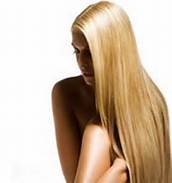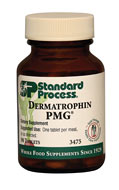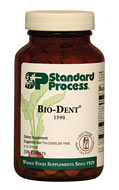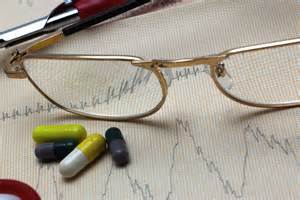What You Need To Know
About Your Hair
About Your Hair

|
Buddha |
Hair is among the very few things that you are extremely passionate about. Naturally, you are very much concerned about the growth and well-being of your hair. Your hair is one of the first areas, along with skin and nails, to manifest signs of hormonal imbalance, poor nutrition, or illness. Understanding how hair regenerates and paying attention to any changes in your hair growth and appearance are important parts of taking care of yourself.
The truth is, a certain amount of hair loss is normal, but excessive hair loss and hair thinning indicate that something is not right. Although your body systems are well equipped to initiate and sustain natural hair growth and maintain hair health, hair problems are very common these days. Most of it is due to nutritional and systemic deficiencies, illness, and environmental pollution, lack of proper hair nutrition, excessive use of artificial hair applicators and use of sub-standard cosmetics. Shampoo and conditioner alone won't give you the healthy hair you crave. You'll need to step out of the shower and step into the kitchen. Your hair grows about 1/4 to 1/2 inch every month, and the foundation of all of our new hair, skin, and nail growth is the nutrients we eat. If you eat a healthy diet, you will grow stronger and healthier cells throughout your entire body - inside and out.
a Balanced Diet
When it comes to foods for healthy hair and beauty, variety is the best way to go. An overall balanced diet of lean proteins, fruits, and vegetables, whole grains, legumes and fatty fish like salmon is a healthy way to support your hair.
If you were born with fine, thin hair, you'll never have rope-thick tresses no matter what you eat, but a well-balanced diet that includes plenty of growth-promoting protein and iron can make a difference, say nutrition and hair experts.
And be aware of dietary supplements often marketed to thicken hair or make it grow faster. They may backfire. Even though you can find beauty supplements on the shelves of most stores, try to get the nutrients you need from foods whenever possible.
- How you can test hair loss with the “pull test.”
- How many hair follicles your head carries
- Your hair and chlorine
- Why you have dry hair and what to do about it naturally
- Oily hair and what to do about it
- Why you have dandruff and what to do about it at home
- What reasons you have severe hair loss
- Why low-calorie diets affect your hair loss
- What are home remedies to improve hair loss












